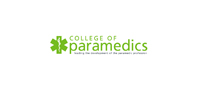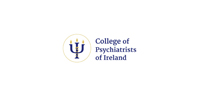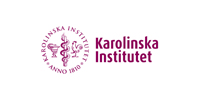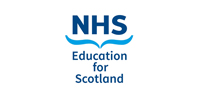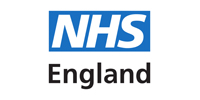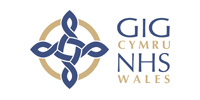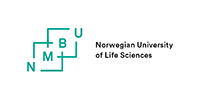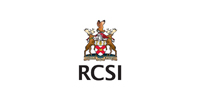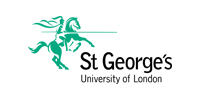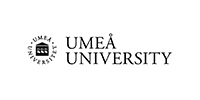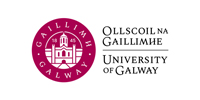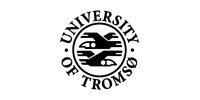Research Paper:
Setyonugroho W, Kennedy KM and Kropmans TJB. “Reliability and validity of OSCE checklists used to assess the communication skills of undergraduate medical students: A systematic review”. Patient Education and Counseling, 2015. [5-Year Impact Factor: 2.975] doi:10.1016/j.pec.2015.06.004

Comment by Dr Kieran Kennedy, Lecturer in Clinical Methods and Clinical Practice, School of Medicine at the National University of Ireland, Galway:
One of the fundamental concepts of quality improvement is that of minimising variation in practice. In general, variation in a system (e.g. communication skills assessment) introduces the potential for adverse outcomes and inefficiency. In order to explore the process of communication skills assessment from a quality improvement point of view, one first needs to build knowledge upon existing practice.
Congratulations to Winny Setyonugroho on the publication of this detailed systematic review. Therein is provided an overview of the range of practices with regard to the use of Objective Structured Clinical Examinations as a means of assessing communication skills of undergraduate medical students. Significant variation was identified in the reviewed literature with respect to the OSCE checklists used to assess communication skills.
Of note, the majority of included studies focused upon the assessment of students ability to communicate with simulated patients. This highlights the need to improve communication skills assessment (and thereby drive learning) by broadening the scope to include communication skills applicable to the multidisciplinary and environments that graduates will work in (i.e. we need to ensure our graduates can communicate effectively not only with patients, but also with other healthcare professionals and with other agencies…..and our curriculum needs to include this as an objective).
This review draws attention to the relative absence of published research in that particular area of communication skills assessment. Similarly, thinking about how the healthcare workplace is moving more towards electronic patient records, electronic hospital discharge letters and prescriptions, e-referrals and other forms of electronic communication, it is interesting that there was only one study identified from the published literature that explored the assessment of electronic communication at undergraduate level.
Further research is needed in these areas and would likely facilitate the quality review of existing curricula with a view to ultimately improving graduate attributes and patient care.
Dr Kieran Kennedy, NUIG




